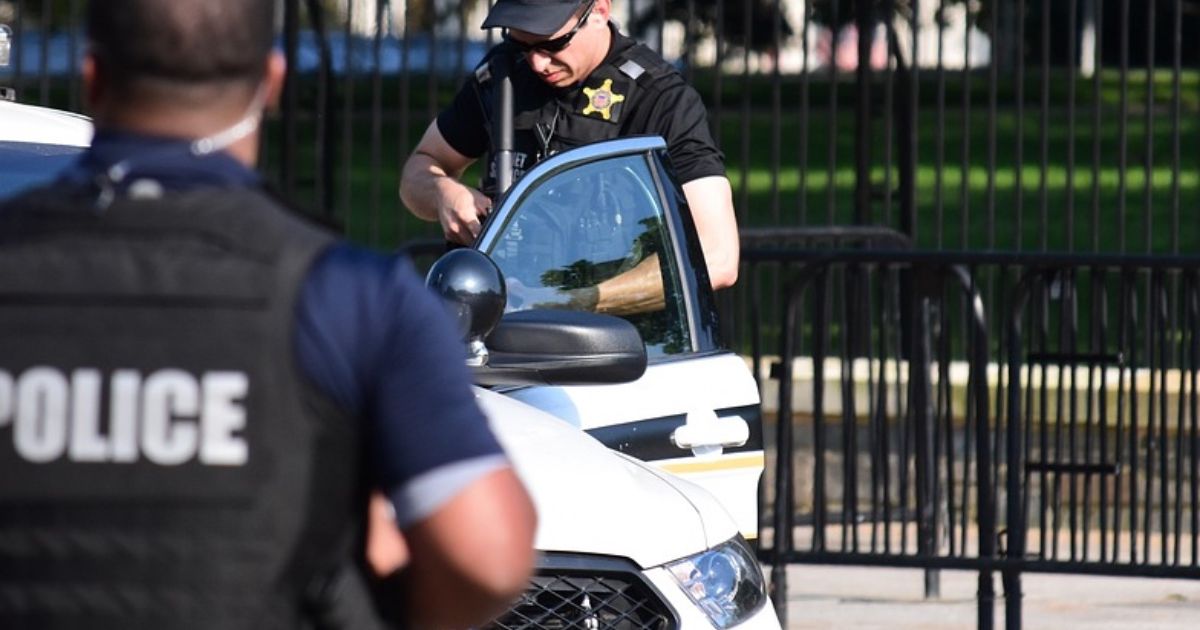WASHINGTON — The United States said Monday that its rival Iran asked him aid after the helicopter crash in which President Ebrahim Raisi died, while Washington offered his condolences despite saying that the president had “blood on his hands.”
He Department of State reported that Iran, which has not had diplomatic relations with Washington since after the 1979 Islamic revolution, reached out after Raisi’s old helicopter crashed in fog on Sunday.
“The government of Iran asked us for help,” spokesman Matthew Miller told reporters. “We said we would be willing to help, which we would do for any government in this situation,” he added. “In the end, largely for logistical reasons, we were unable to provide that assistance.”
He declined to go into details or describe how the two countries communicated. But he indicated that Iran sought help immediately afterwards to find the helicopter of Raisi, who was killed along with his Foreign Minister, Hossein Amir Abdolahian, and seven others.
The accident occurred after the United States and Iran reportedly held their latest talks in Oman with the aim of increasing stability following the latest open clashes between Iran and Israel.
The State Department offered “official condolences” for the deaths in a statement. “As Iran elects a new president, we reaffirm our support for the Iranian people and their fight for human rights and fundamental freedoms,” he said.
President Joe Biden’s administration called the condolences standard and not a show of support for Raisi, who as a judge presided over mass executions of political prisoners and under whose presidency authorities cracked down on mass protests led by women.
“He was a man with blood on his hands,” National Security Council spokesman John Kirby told reporters, stating that Raisi was responsible for “egregious” human rights abuses in Iran and that he supported groups in the region like Hamas.
However, it noted that “as in any other case, we generally mourn the death and offered official condolences accordingly.”
In the past, the United States has often, though not always, offered condolences to leaders it opposed, with such messages sent about Joseph Stalin, Kim Il Sung and Fidel Castro.
Source: With information from AP





